As part of their informative concert programmes, the RSNO list a particular year that is associated with the music they’re performing.
Thursday night was 1932 (Gershwin’s Cuban Overture) and 1950 (Copland’s Clarinet concerto).
Sistema Scotland
They might have also added 2008 and 2017, not for reasons affiliated to the programme but because both years are significant in the history of Sistema Scotland, a charity that gives children the chance to grasp the fundamentals of making music.
The first date saw the birth of Sistema’s Big Noise Raploch, the second was the establishment of Big Noise Douglas.
The start of Thursday’s concert saw these young Dundonians side by side with members of the orchestra in two short pieces by Joelle Broad.
Nothing too complicated, but that’s not the point. To rub shoulders with musicians of such calibre will be a massive spur for the youngsters to further their exploration of orchestral music.
As a preamble to the main concert, this was a delight. But what was to come was, for me, something of a novelty.
I had never heard the overture or the concerto, but I’d love to hear them again such was their immense appeal.
Melodic Gershwin
The Gershwin piece was, as one would expect by its name, a succession of brilliant rhythmic melodies, samba-salsa fun and frivolity. Rumba was the work’s original name, and it couldn’t have been more fitting.
The concerto caught me by surprise, as Copland goes for expressive serenity from the off before the second movement, labelled “rather fast”, sends the work careering into a spate of virtuosic brilliance.
This was where soloist Timothy Orpen really showed his credentials. He replaced his beautiful mellow and melodic sound that spanned the first movement with a series of syncopated and sensational clarinet pyrotechnics that glistened with class and consummate excellence.
Some distinct jazz elements come to the fore. No surprise there, as it was written for jazz supremo Benny Goodman.
The third work was another new one to me, certainly from a live perspective. Rachmaninov’s Symphonic Dances was his last major work, but it leaves a footprint as big as that of his symphonies or piano concertos.
There were melodies by the score as one would expect from this master tunesmith, performed by the RSNO and conductor John Wilson with the utmost perfection.
I loved the middle waltz movement, no saccharine Strauss but one of mystery and even the touch of the macabre.
The finale was magnificent, certainly another Big Noise but a magnificent and wonderful one too, and one we have come to expect from this excellent orchestra.
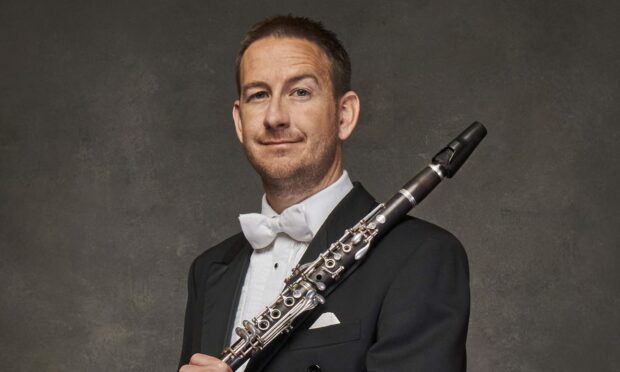
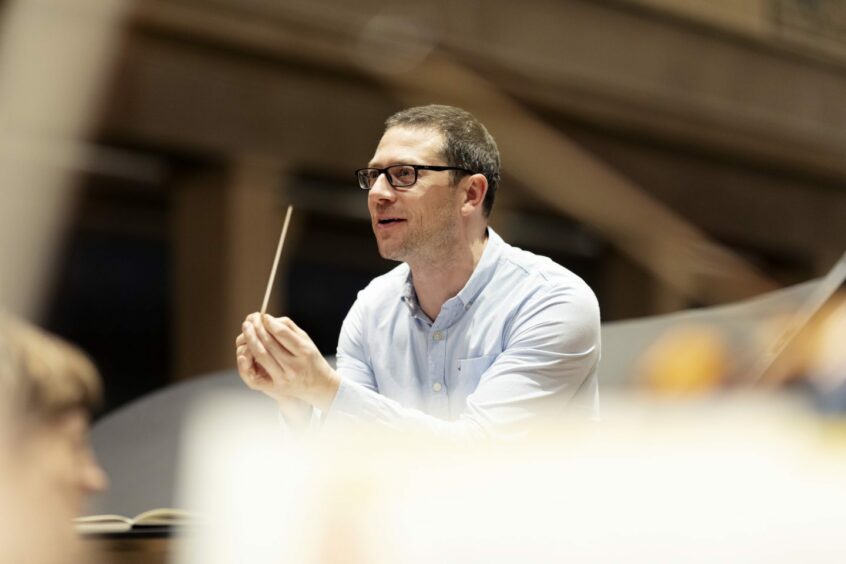





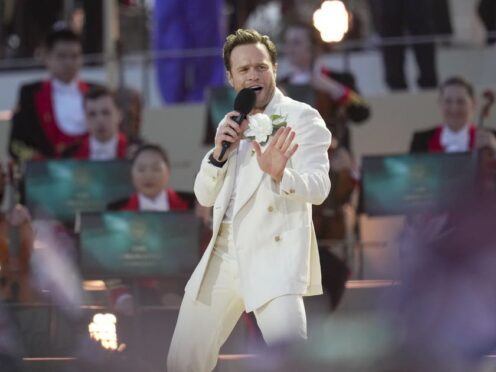
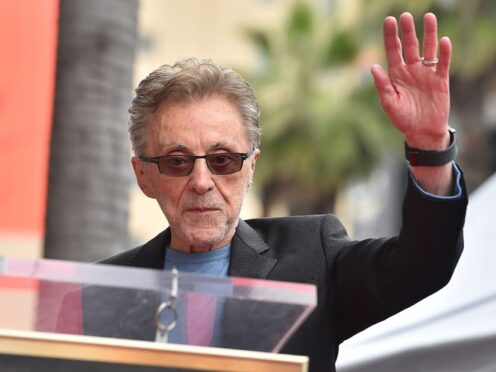
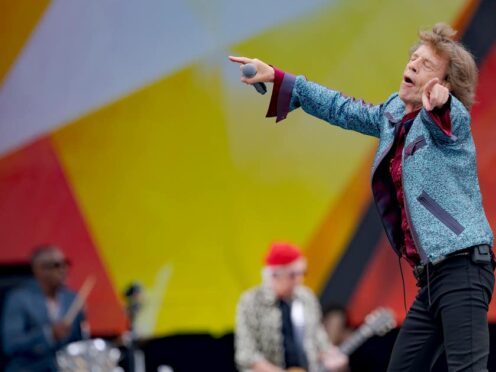
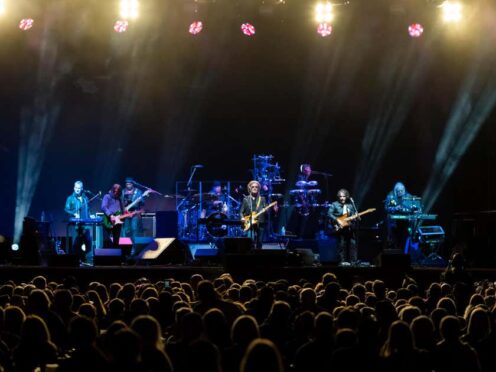


Conversation